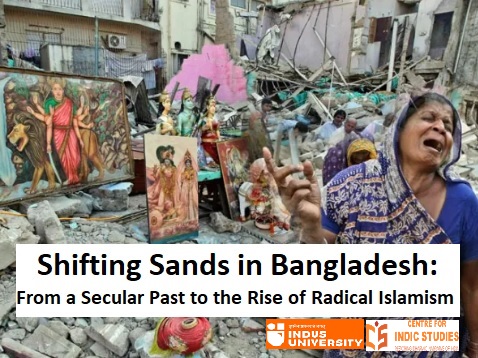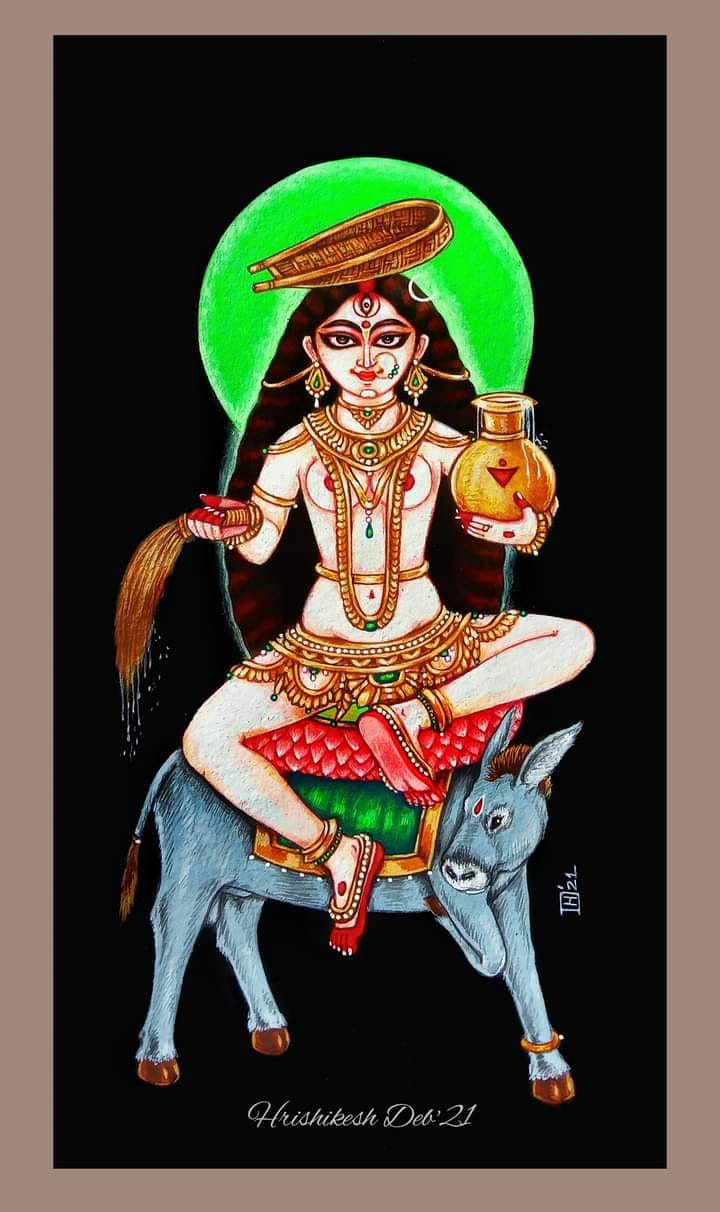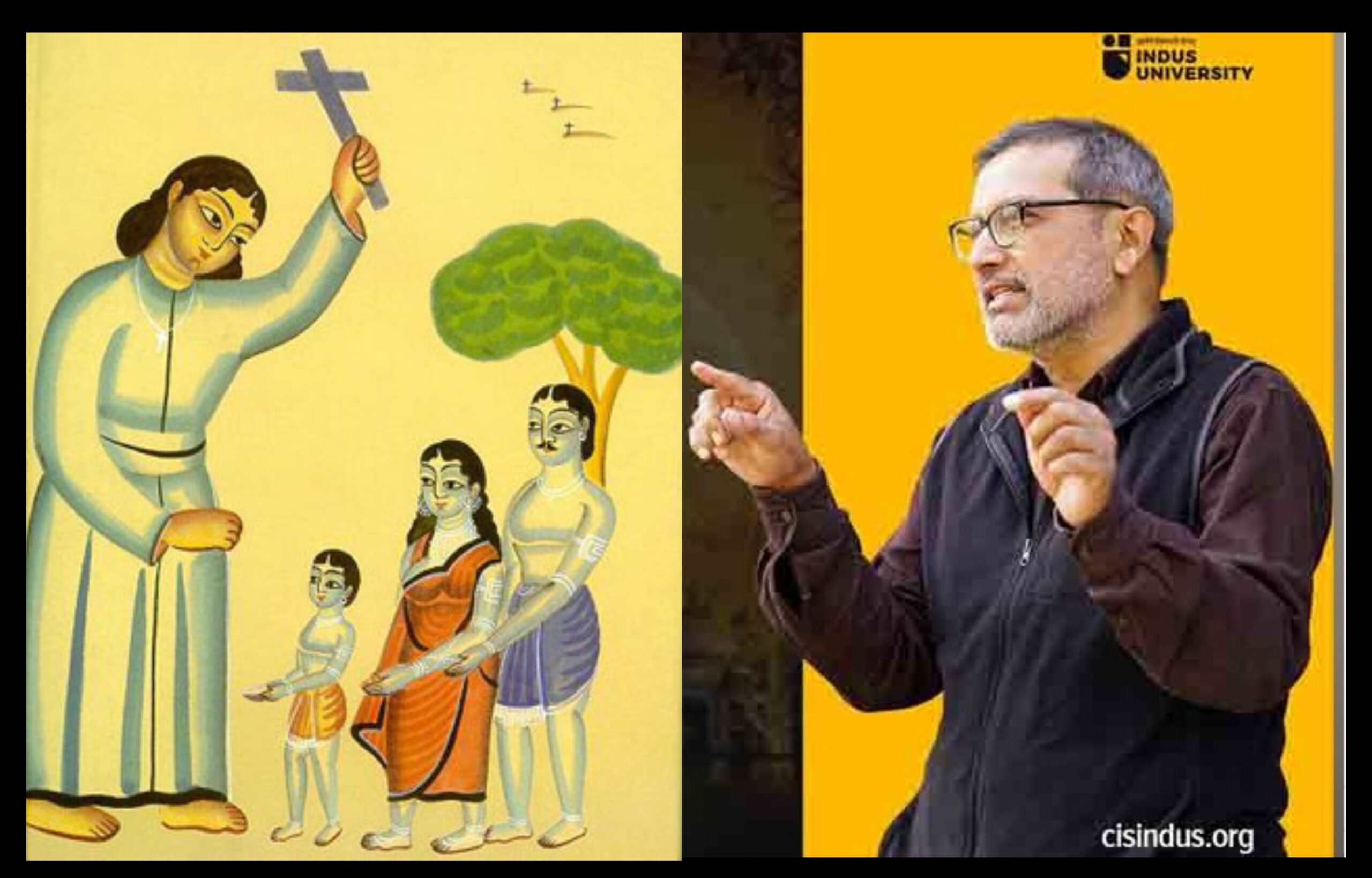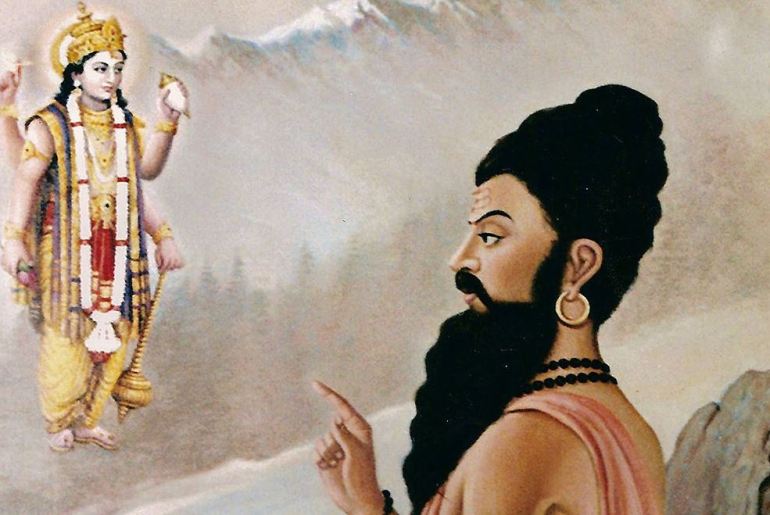- Visitor:48
- Published on: 2024-08-23 12:35 pm
Shifting Sands in Bangladesh: From a Secular Past to the Rise of Radical Islamism

Recently on August 5th Bangladeshi Prime Minister Sheikh Hasina
resigned and fled the country on Monday after protests and demonstrations
erupted. The Islamic radical groups in Bangladesh like Jammat-E-Islami are
the main reason behind these protests to overthrow the secular pro-India Sheikh
Hasina regime. Since the formation of Bangladesh in 1971 Islamic radicals have
been trying hard to reinforce the Islamic norms in Bangladesh. Sheikh Hasina
and her Awami League (Bengali Nationalists) are the main obstacle to their aim.
Hence, they want to overthrow her and create a Sharia-based Islamic Nation.
The Current Issue
The Protesters are demanding abolishment of the 30% quotas in
civil service jobs which are reserved for the relatives of veterans from
Bangladesh’s war for independence from Pakistan. In 1971 many people were
killed in Bangladesh to defend it from Pakistan. Hence, after independence from
Bangladesh, their family members were eligible for this reservation. Now the
people from the other sections are protesting against these reservations so
that the others should get the jobs in civil services. Because there are 18
million unemployed young people in Bangladesh. Hence, the student movement
known as ‘Students Against Discrimination’ started in late July.
Apart from the students’ movement central to the unrest in the
country is the Radical Islamist group Jamaat-e-Islami’s student wing ‘Islami
Chhatra Shibir (ICS)’ which is the main architect of Bangladeshi upheaval. It
has major ties with the Islamic State. It has the backing of the Pakistani
intelligence agency, ISI. Sheikh Hasina and her party Awami League had alleged
Jamaat-e-Islami for the current scenario and violence in Bangladesh. They are
indulged in student politics and they have a hidden hand in Madrasa's
activities all across Bangladesh. Apart from the Islamic lobby, China is also a
major player in Southeast Asian countries. China has its India out policy so
they want to create upheaval to expel India from using Bangladeshi ports.
In order to know the
current scenario, we need to go through the history of Bangladesh to understand
the current scenarios.
The
Seeds of Bangladesh's Independence
1947 Partition Sparks
Cultural Conflicts in Newly Formed Pakistan
The origin of the word ‘Bangla’ or ‘Bengal’ is very ancient. It
is believed that the word ‘Banga’ originated from the Sanskrit word ‘Vanga’.
Bengal has been a part of Indian culture since its inception. Bengal has a
flourishing Hindu and Buddhist culture and a great center of learning in
ancient times. But, unfortunately, the Eastern part of Bengal got separated
from Greater India because of religious issues in 1947 after the partition of India
East Bengal was known as (East Pakistan).
In 1947, the Indian subcontinent witnessed a historic division, giving birth to two nations: India and Pakistan. The partition, driven by the "Two Nations Theory" led by Muhammad Ali Jinnah and the Muslim League, sought to create an Islamic nation for Muslims. However, from its inception, Pakistan faced significant integration challenges.
Language Imposition
and Student Attacks
Tensions began to surface almost immediately as West Pakistan, dominated by Punjabis, imposed Urdu as the national language. This move was met with fierce resistance from Bengali-speaking Muslims in East Pakistan (now Bangladesh). The situation escalated on August 31, 1947, when West Pakistani forces attacked students at Fazlul Huq Hall in Dhaka. This incident ignited widespread dissatisfaction among the Bengali population.
Bangla Language
Movements and Economic Discrimination
Between 1948 and 1952, the Bangla language movement gained momentum, fueled by grievances over linguistic and cultural impositions. By 1952, the discontent had transformed into a mass social movement. Economic disparities further deepened the divide, with Bengalis facing revenue devaluation and economic discrimination at the hands of West Pakistani Punjabis.
Political Unrest and
the Rise of Awami League
The political landscape in Pakistan took a significant turn in
1970 when military dictator General Yahya Khan declared elections. The Awami
League, led by Bengali nationalist Sheikh Mujibur Rahman, secured a landslide
victory, winning 167 out of 300 National Assembly seats. However, General Yahya
Khan reneged on his promise of fair elections. Instead of appointing Mujibur
Rahman as the new Prime Minister, he sought to suppress the Bengali voices,
further fueling unrest.
These pivotal events set the stage for the eventual independence
of Bangladesh in 1971, marking the end of a turbulent chapter in South Asian
history.
The Birth Story of Bangladesh
Pakistani Crackdown
and Bengali Genocide
In 1971, tensions in East Pakistan erupted into a full-scale crisis as President Yahya Khan appointed Colonel Tikka Khan as the Governor of East Pakistan. Tikka Khan, now notorious as the "chief architect of the Bengali genocide," led the Pakistani army in a brutal crackdown against the Bengali population. Supported by radical Islamist groups such as the Razakars and Jamaat-e-Islami, the Pakistani forces targeted Bengali Hindus and committed widespread atrocities.
Bangla Resistance and
the Formation of Mukti Bahini
In a pivotal speech on March 7, 1971, Bengali nationalist leader Sheikh Mujibur Rahman called for an all-out struggle for independence. The Mukti Bahini (Freedom Brigade) was subsequently formed to resist the Pakistani army's violence. On April 4, 1971, with support from the Indian army, the Bangladesh Armed Forces were established to bolster the resistance efforts.
Indian Intervention
and the Liberation War
The situation escalated further, prompting Indian armed forces
to intervene in East Pakistan. From December 3 to December 16, 1971, a
full-fledged war ensued, culminating in a decisive victory for the Indian and
Mukti Bahini forces. The Pakistani army surrendered, and a ceasefire was
declared on December 17, 1971, marking the birth of the new nation of
Bangladesh. The Shimla Agreement of 1972 officially recognized Bangladesh as an
independent country.
Consequences and Repercussions of Bangladesh formation
Bangladesh's Turbulent
Early Years
Sheikh Mujibur Rahman assumed leadership as the Prime Minister and later the President of the newly formed Bangladesh. However, his tenure was tragically cut short when he was assassinated by the military in August 1975. Following his death, General Ziaur Rahman took power, serving as President from 1977 until his assassination in 1981. During his rule, Ziaur Rahman founded the Bangladesh Nationalist Party (BNP) in 1978, a political party now led by his wife, Begum Khaleda Zia.
Political Instability
and Military Rule
The period of instability continued as General Hussain Muhammad Ershad took control, ruling as President from 1983 to 1990. These early years of Bangladesh were marked by political upheaval and military intervention, shaping the nation's path towards a more stable and democratic society.
Islam in Independent
Bangladesh
Even though Sheikh Mujibur was a secularist, the violence and
crimes against Hindus were unstoppable. The Hindu population from 1951 to 2011
was reduced from 22% to 8.5%. In 1977, secularism was removed from the
constitution of Bangladesh by dictator Zia-Ur-Rahman. In Gen. Ershad’s regime,
Bangladesh was declared an Islamic state on 9th June 1988.
"Secularism is
not the absence of religion. We have seen fraudulence in the name of religion,
exploitation in the name of religion, dishonesty in the name of religion, and
oppression in the name of religion for 25 years. Religion is a very sacred thing.
Sacred religion should not be used as a political tool. Religion is a very holy
thing. Holy religion can no longer be used as a political tool. The
constitution has made arrangements to protect the religious rights of seven and
a half crore people through secularism."
— Sheikh Mujibur Rahman in his speech in the
Constituent Assembly, 4 November 1972
As per the ‘United States Commission on International Religious Freedom (USCIRF), Hindus are persecuted in Bangladesh in mass numbers by rapes, kidnapping, looting, murders and desecration of Hindu temples and places of worship. The most infamous draconian law of the ‘Vested Property Act’ is known as the ‘Enemy Property Act’ and under this Hindus are deemed as "enemies of the state" and their properties are snatched away.
Rise of Sheikh Hasina
Wajid
Sheikh Hasina is the daughter of Sheikh Mujibur Rahman the first
Prime Minister and architect of Bengal. Even chooses politics while following
in her father’s footsteps.
Sheikh Hasina became
the Prime Minister of Bangladesh for the first time from 1996-2001. She
was leader of the opposition (2001-2008). During his second term as a leader of
the opposition, she was attacked by a grenade in order to assassinate her but
she escaped.
In 2009 she came back to power and she ruled Bangladesh till now
August 2024. Sheikh Hasina is a secular leader and she has good terms with
India.
According to Prime Minister Sheikh Hasina, no Bangladeshi citizens should consider themselves as minorities. Speaking in October 2021, Hasina remarked "You are considered as citizens of this country. You live in equal rights. You will enjoy equal rights. You will observe your religion and celebrate festivals with equal rights. That's what we want. This is the real policy of Bangladesh and our ideal. I urge you again never to think of yourself as a minority".
Rise in Islamism
Bangladesh Nationalist Party (BNP) and their alliance with
Islamists are threatening both India and Bangladesh both. In recent decades
Islamism and Arabization in Bangladesh have increased due to Wahhabi
petro-dollar and export of radical Wahhabi ideology from Saudi Arabia. Now in
Bangladesh, there are millions of radical Muslims and their agenda is
(1) wipe out millions
of minority Hindus
(2) Curbing down
women's rights and freedom
(3) Imposition of
Sharia law
(4) Fueling the
national resources into the ‘Gazwa-I-Hind’ doctrine
(5) Destruction of Bengali culture and imposition of ‘Turko-Arabic’ culture on Bangladeshis.
Sheikh Hasina has very good relations with India. To develop the Northeastern part of India, the Modi government of Bangladesh under the regime of Sheikh Hasina offered Chittagong and Barisal ports to India.
Strategic Significance
– Bangladesh’s location
is very important for shipping routes and it has a good amount of hydrocarbon
reserves. Chittagong is closer to Southeast Asian locations for trade.
A sea link for India’s landlocked Northeast –In 1947, Bangladesh was separated since then the mineral-rich North-Eastern part of India lost its access to the sea. But, Prime Minister Sheikh Hasina is offering Chittagong and Barisal ports to India.
So, in this scenario
let’s look at what India should do further.
Here, India needs to amend its citizen laws and India
should be prepared to accommodate many of the 12 million Bangladeshi Hindus
inside India with Indian citizenship. India needs to finish its population
census and identify the Bangladeshi Muslim infiltrations in India and
immediately these infiltrators should be deported to Bangladesh. The border
between India and Bangladesh 4096 Kilometers should be fenced properly to avoid
these illegal migrations. Apart from this India should follow Russian policy of
protecting its citizens outside Russian Federation. So India has to protect its
Hindu citizens in Russian manner. In any of the Islamic countries like
Pakistan, Bangladesh, Malaysia etc. where a Hindu minority resides. If in case
Hindus are attacked and targeted by Islamists India has to intervene in those
countries other superpowers.
Secondly, India should help Hindus in Islamic countries and in
case of turmoil India need to create the Hindu nations for the Hindu
minorities. Sudan is the best example, in Sudan Muslim north and Christian
south were fighting since 1956 and there were two deadly civil wars but the
west helped the Christians and in 9th July 2011 a new
Christian country South Sudan was formed.
East Timor is a Christian country but colonized by Muslim
Indonesia. But the Christian western countries helped the East Timor get its
independence. Hence, on 20th May 2002 east Timor becomes an independent
country.
Now India should have divided the land share from Pakistan,
Bangladesh for the Hindus residing there accordingly to their population
share.
- 24 min read
- 0
- 0










